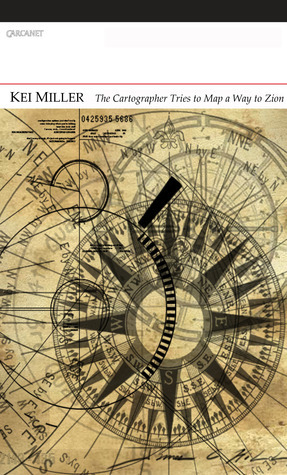What do you think?
Rate this book


72 pages, Paperback
First published May 29, 2014
“the mapmaker’s work is to make visible
all them things that shoulda never exist in the first place
like the conquest of pirates, like borders,
like the viral spread of governments‚Ä�
[so says the rastaman]
“The rastaman thinks, draw me a map of what you see
then I will draw a map of what you never see
and guess me whose map will be bigger than whose?
Guess me whose map will tell the larger truth?‚Ä�
‚ÄúFor the rastaman ‚Ä� it is true ‚Ä� dismisses
too easily the cartographic view;
believes himself slighted
by its imperial gaze. And the ras says
it’s all a Babylon conspiracy
de bloodclawt immappancy of dis world ‚Ä�
maps which throughout time have gripped like girdles
to make his people smaller than they were.‚Ä�
This is no paradise ‚Ä� / not yet ‚Ä� not this unfriendly, untamed island ‚Ä� // this unsanitised, unstructured island ‚Ä� this unmannered, unmeasured island; // this island: unwritten, unsettled, unmapped.
Welcome to de dread / circle of carnage ‚Ä� blade to blade, bullet / to bullet, body to body, this is our country.
From Twenty-One
...a question has wedged itself between his learning and awakening:
How does one map a place that is not quite a place?
How does one draw towards the heart?
You see, the rastaman
has always felt uneasy
in the glistening white splendour
of Great Houses; uneasy
with the way others
seem easy inside them,
their eyes that smoothly scan the green canefields
like sonnets,
as if they'd found
a measure of peace
in the brutal
architecture of history. (p. 33)